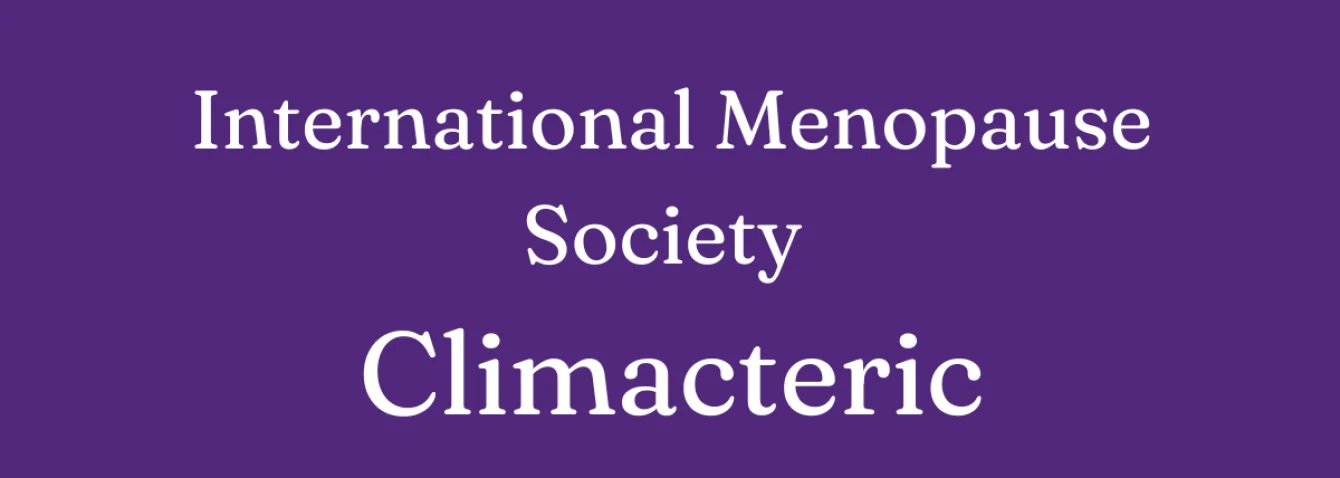
Hormone therapy: why we should no longer be afraid of the breast cancer risk, says new literature review
A ‘great divide’ exists between what is real and what is not in the perception of risks and benefits of HRT, a new review suggests.
The threat that women may develop breast cancer is the major reason why both physicians and women are ‘afraid’ to use HRT, according to the review published in Climacteric, the journal of the International Menopause Society.
The literature review looked at the way the way breast cancer risk with HRT was reported in major publications since 2002, after the combined arm of the Women’s Health Initiative (WHI) was stopped amid concerns of an increased risk of breast cancer and cardiovascular disease in women who took combined HRT.
However, in the WHI study women used an older estrogen and older progestogen that are less commonly prescribed now, were on average 63 years old, and many were obese and had had heart attacks in the past. However, further analysis of this study has shown that the risks are really low or not present.
In the wake of the study, HRT users fell from two million to less than one million in the UK between 2003 and 2007.
Authors Tan and Dayu, of the department of obstetrics and gynecology at St Luke’s Medical Center Quezon City, the Philippines, say the aim of the review was to put the use–risk association in context.
They suggest five interrelated reasons why physicians and women should no longer be afraid of the breast cancer risk with combined HRT.
These are:
• That breast cancer related to combined HRT use is rare because the risk is very low
• The reported increase in breast cancer risk when taking combined HRT is not relevant to current practice
• Modifiable lifestyle factors, not combined HRT, are the real risks for breast cancer
• Breast cancer-specific mortality is reduced in women who develop breast cancer while taking combined HRT
• Avoiding HRT use when indicated puts a woman in harm’s way as there are risks (such as increased risk of heart disease and osteoporosis) of avoiding HRT
The authors conclude there is an urgent need to
‘bridge the gap in risk perception with evidence-based common-sense advice’.
‘To recommend or not to recommend MHT [HRT] is a multidimensional issue’, the authors write.
‘Risk levels should be put in context and considered together with other factors that may affect decision-making.
‘They should be presented in terms understandable to the menopausal woman who will eventually make the decision to take MHT [HRT] or not. Informed decision-making by the menopausal woman, however, requires counselling from her informed physician.
‘Preventing a woman from the sound benefits of a properly instituted hormonal medication, just for the fear of rare side effects, is not satisfactory medicine.’
The authors also state that the most serious consequence of the negative attitude toward MHT [HRT] is the neglect of menopause education and training among healthcare professionals, so this needs to be a real priority.
Reference
Tan D.A, Dayu A.R.B (2022), ‘Menopausal hormone therapy: why we should no longer be afraid of the breast cancer risk’, Climacteric, 25:4, pp.362-68, doi: 10.1080/13697137.2022.2035711